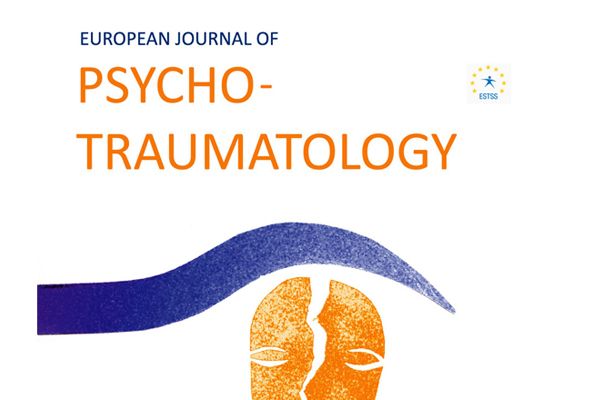15 november 2020
European Journal of Psychotraumatology
Sven C. Mueller, Anna R. Hudson & Carmen Meeus
https://doi.org/10.1080/20008198.2020.1804806
Abstract
Background: Empathy is essential for interpersonal relationships, yet remains difficult to measure. Some evidence suggests that early traumatic experiences leads to alterations in empathic responding.
Objective: This study sought to differentiate connections between subtypes of childhood maltreatment, a pictorial test of affective empathy (PET), and self-reported empathy (Interpersonal Reactivity Index; IRI) by using network analysis approach to investigate the structure of relationships between childhood maltreatment and later empathic responding.
Method: 301 participants completed the PET, the Early Trauma Inventory Self Report-Short Form (ETISR-SF), the IRI, and questionnaires assessing current mood and perceived stress levels.
Results: The PET showed a strong positive association with the IRI subscale empathic concern (EC), after conditioning on all other nodes in the network. EC proved to be a highly central node and was positively related to severity of childhood sexual abuse (CSA), yet not to childhood physical abuse or emotional maltreatment. Pathways between emotional maltreatment and physical abuse and the PET were indirect, passing through self-reported EC and CSA.
Conclusions: Our study suggests that CSA more so than other childhood maltreatment experiences is associated with increased self-reported affective empathy, but is not captured directly through a pictorial test of affective empathy.
Keywords: network analysis; childhood maltreatment; affective empathy; trauma; sexual abuse; early life stress; empathic responding
Received 20 Jun 2017, Accepted 23 Dec 2017, Published online: 25 Sep 2020

Het European Journal of Psychotraumatology (EJPT) is een peer-reviewed, interdisciplinair wetenschappelijk tijdschrift dat deel uitmaakt van de European Society for Traumatic Stress Studies (ESTSS).
Het EJPT heeft als doel om wetenschappers, behandelaren en experts te betrekken bij de belangrijkste vraagstukken rond stress en trauma, waaronder individuele gebeurtenissen, herhaalde of chronische trauma's, grootschalige rampen en geweld.

